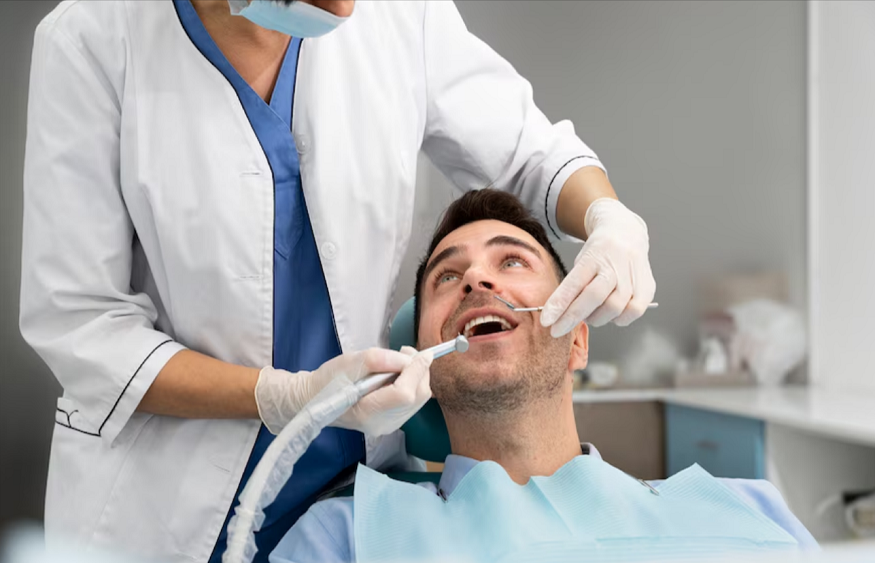Ensuring that families have adequate advice concerning early preventive measures of treatment in dentistry is critical for dental healthcare. A Wheaton family dentist can be very helpful in this endeavor as they explain that regular dental check-ups, dental cleanings, and screenings for diseases in their initial stages are less expensive to treat than if left to progress on to more complicated stages.
Since preventive care is the focus, the information acted as a way for families to gain knowledge about what affects the overall health of their teeth as well as savings in the future. It asserts that these specific services help in the reduction of cavities, gum diseases, and other dental issues that will minimize the number of emergencies and extensive treatments.
What Are the Common Costs of Preventive Dental Care?
Most of the preventive dental procedures consist of cleaning, check-ups, and diagnostic services like X-ray and application of fluoride gel. These services should be explained to the families as we have shown that they are bound to be cheaper than restorative or emergency dental treatments.
Such figures are important for families to understand in order to be able to budget for their dental needs well. Along with describing places and hours of services, detailed information about how often and at what cost preventive care should be scheduled can positively influence the decision of the families to plan visits to clinics as a part of their care.
How do families plan for preventive dental care costs?
Preventive dental care expenses may be estimated based on patient and family requirements or by evaluating dental care options and insurance. Families should compare the options they have in terms of dental insurance and how much they will have to spend, the upper limit and co-pay, and deductible, to determine the overall costs of these preventative services.
Furthermore, since families should make dental care appointments part of their routine, drawing up a family dental care calendar can be beneficial in that the families will not forget an important appointment. This helps families schedule their appointments properly and hence meet all other financial obligations.
What is preventive care education when it comes to Dental Savings Plans?
Dental savings plans can prove to be a good tool for usage for families that are in search of cost-effective preventive dental care services. These plans can sometimes come with a very low tariff for a host of dental procedures, and interim care, many of those paying regular visits to dentists can do so at a cheaper price.
Robust information to the families about the plans, main features, and the need to have them will help these families improve their dental health. For instance, through the use of dental savings plans families are able to look for money-saving options while receiving their regular necessary checks up.
How can dental care specialists assist families with learning more about the costs of preventive oral care?
Families depend on dental professionals to raise awareness of the costs likely to be incurred in the course of carrying out preventive procedures. In general, and depending on the service type, they can deliver more comprehensible and consistent information about service costs and the return on investments through preventive medicine, for example.
Discussions with families on their dental health care needs and the costs involved help the dental caregivers to ensure that families stay healthy through agreed proper dental care. Furthermore, information in the form of brochures, informative websites, workshops, or consultations assists the families in comprehending the concepts of preventive care and cost.
Conclusion
Raising awareness of families about the cost of preventive care in dentistry is important for the improvement of people’s oral and monetary health. Families should be able to make informed decisions about their dental care by emphasizing the preventive services, explaining the common costs, and on the financial planning/management.
Further, the backing of dental care should also help supplement this education so families are empowered enough to practice preventive first. In the long run therefore it implies healthier teeth and therefore healthier and easier to manage healthcare costs than before.

